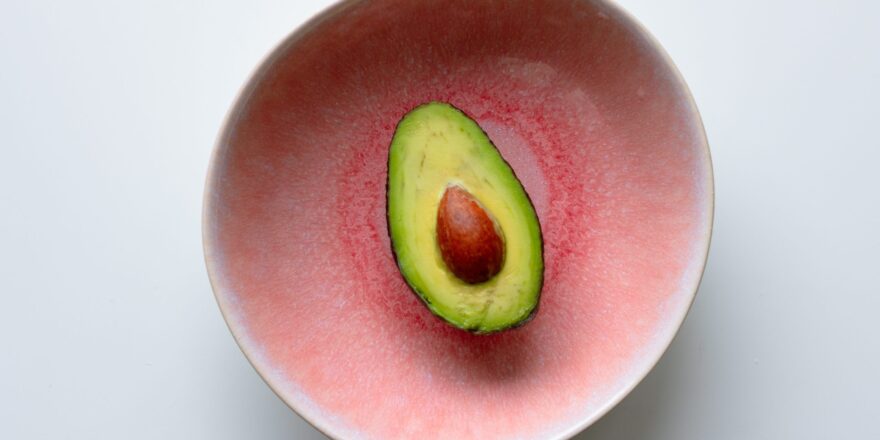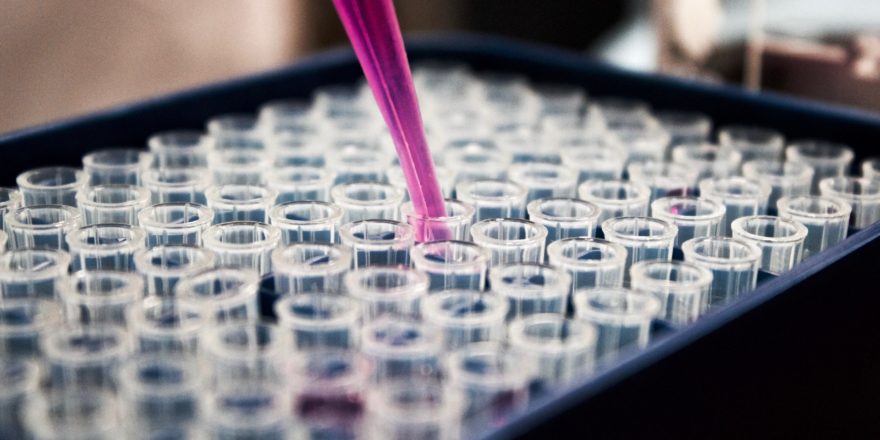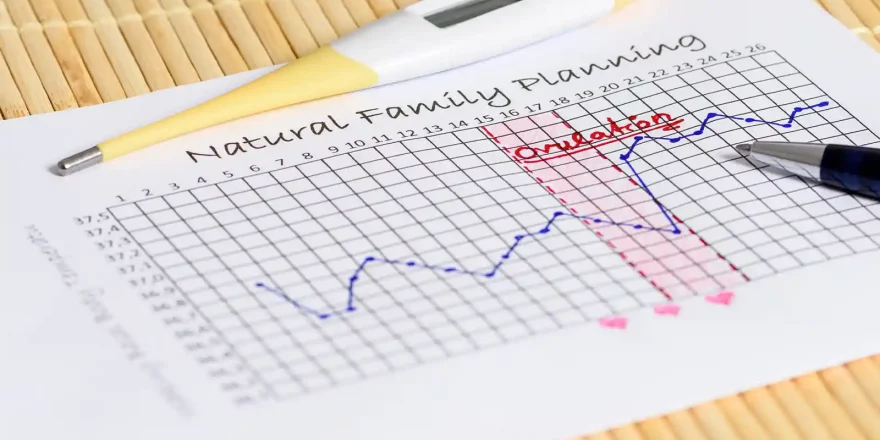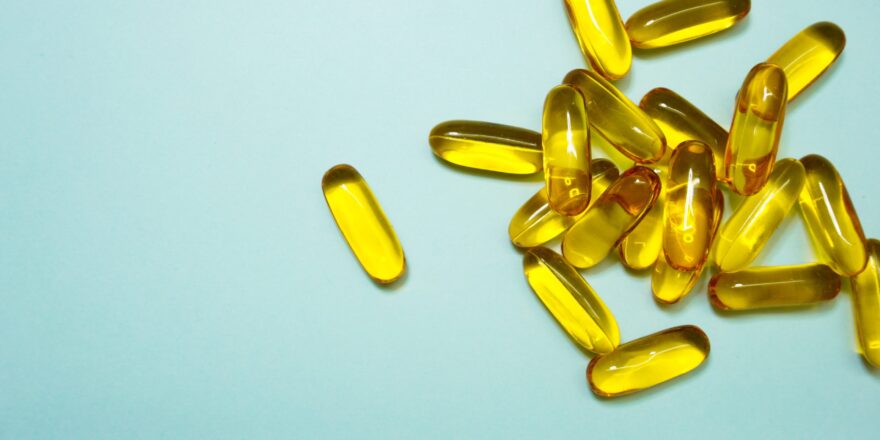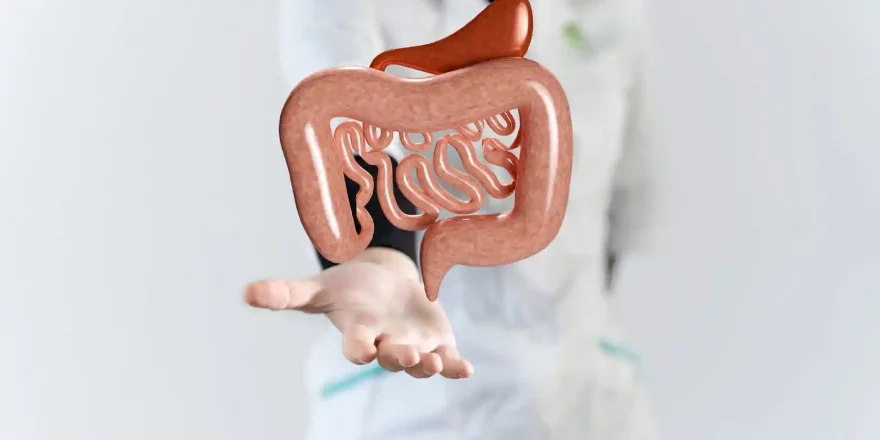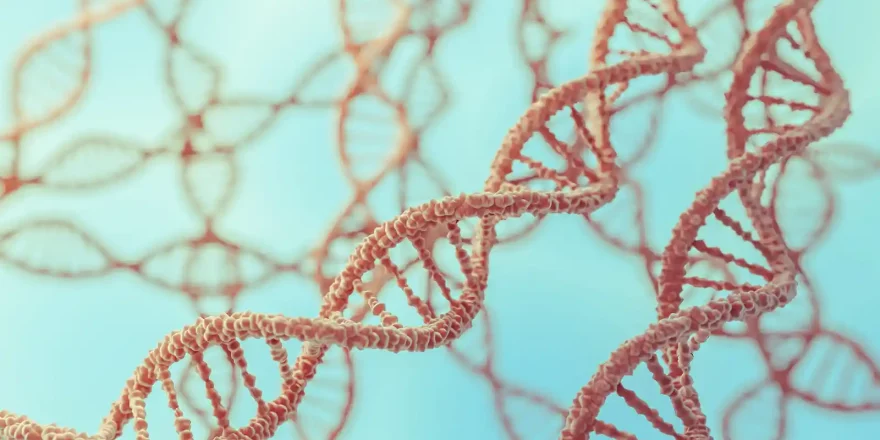Caffeine is a stimulant in coffee, tea, chocolate and some soft drinks and an integral part of most cultures. Caffeine can reduce female fertility as the ‘pick-me-up’ or energy boost is stimulating in a similar way to drugs like cocaine, and regular intake can cause dependence as they feel flat and lethargic without it. Tea, chocolate and cof...
Get Pregnant Quicker
Getting pregnant quicker is possible with a tried and tested method that significantly boosts monthly conception rates and is called “fertility charting” to identify the most (and least) fertile days in the menstrual cycle. Simply recording two things makes a massive difference to the chances of falling pregnant: The basal body temperature (B...
Diet and Fertility
Diet choices significantly affect health and fertility levels, and adjusting diet to increase the variety of minerals, oils, and vitamins is a potent way to raise conception rates and health. Diet underpins all bodily processes, including sexual health, with polycystic ovary syndrome (PCOS) usually involving high blood sugar levels from diet c...
Fertility Tests
Fertility tests are essential to reveal what is (or what isn’t) working, which can save a lot of time and stress for all couples trying to conceive. They really become a priority when: There are physical problems, such as an inability to ejaculate, or very irregular menstrual cycles The woman is 35 or older and hasn’t conceived after tr...
BBT Charting
Basal body temperature charting (BBT) relies on two factors that change in response to female sex hormone levels. Temperature is one, and the other is changes in the cervix and the mucus it produces. Recording them gives a good indication of sex hormone levels and when ovulation probably occurred. The “golden rules” for taking BBT temperatures...
Alcohol and Fertility
Alcohol has played its part in many a pregnancy, but when a couple really wants a baby, it’s not helpful as it affects eggs and sperm health, which can have long-term consequences for children. The impact of small amounts of alcohol on fertility isn’t known and probably varies with personal tolerance to alcohol, and the official advice is it’s...
Smoking and Fertility
Smoking and fertility have an interesting relationship, and most smokers start in their teens or as young adults when looking older, sexier and more sophisticated is part of the appeal. They weren’t entirely wrong, as chemicals in the smoke physically age people by damaging cells and accelerating their death. In time, and with the inevitable a...
Supplements and Fertility
Supplements are usually seen as a good news story for fertility, and they’re widely advised for pregnancy and preconception to improve the health of parents and their babies, but they are necessary? Two 2016 reviews reached very different conclusions: A BMJ study concluded that prenatal and pregnancy supplements are generally unnecessary and ...
Microbiome and Fertility
The microbiome is the tens of trillions of bacteria and other organisms (viruses, retroviruses, fungi and archaea) that live on and in us, and the gut alone has 1.5–2kg of microbes. They digest food, produce essential enzymes, anti-inflammatories and vitamins (including the B’s and K) that we can’t make ourselves, plus regulate sex (and ...
Sperm DNA Fragmentation
DNA fragmentation is when bits of DNA on chromosomes separate or pieces of them break off, which causes disorganization within cells as DNA is the coding on our genes that “programme” all bodily functions. Having a complete and well-organised genetic code on chromosomes is crucial for health, and when two sets of chromosomes join a...



